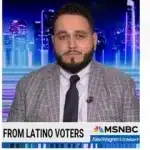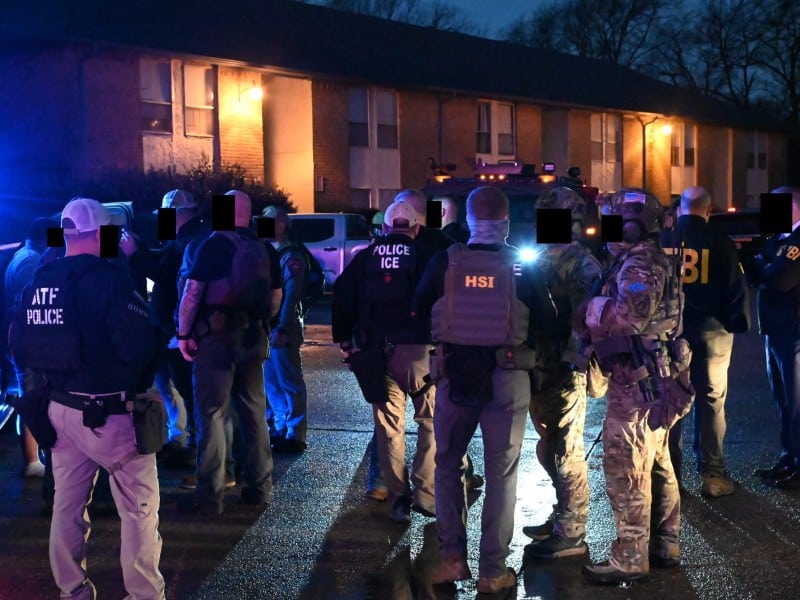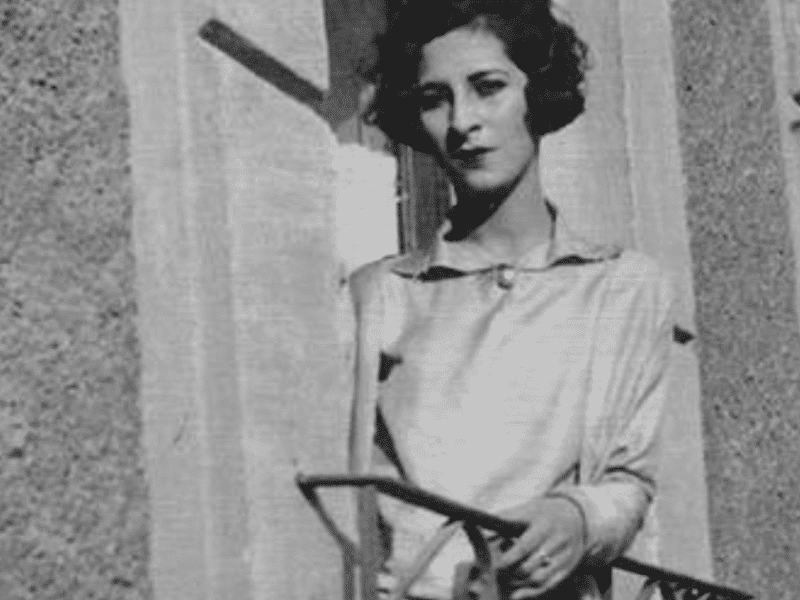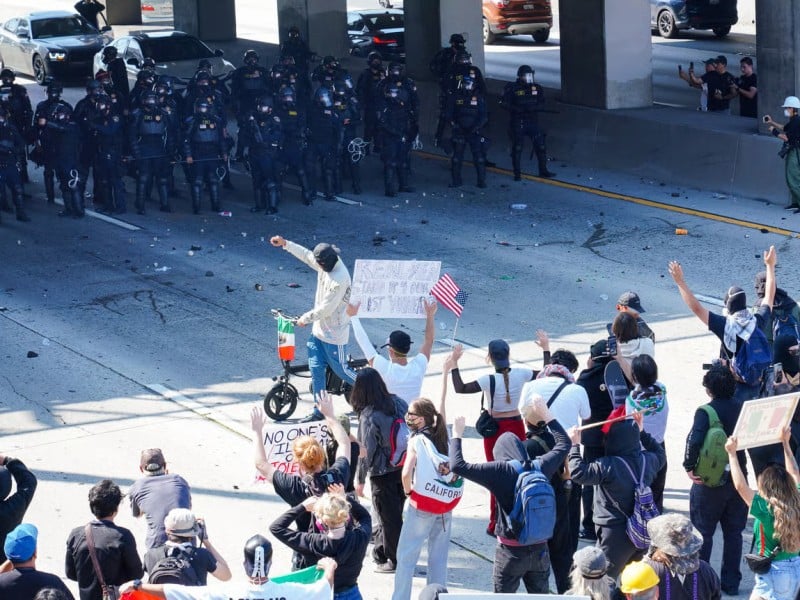Mi Familia Vota’s Muscular Program Reaches Latinos Over and Over Again
There’s no doubt the Latino vote is inextricably linked to modern American politics. And any robust conversation about reaching Latino voters during campaign cycles must consider the role of national grassroots group Mi Familia Vota (MFV).

Originally published in The Latino Newsletter–reprinted with permission.
Part one of the three-part “La Voz de Mi Gente” 2024 spotlight series.
There’s no doubt the Latino vote is inextricably linked to modern American politics. And any robust conversation about reaching Latino voters during campaign cycles must consider the role of national grassroots group Mi Familia Vota (MFV).
The Latino outreach group with California roots found its footing during the George W. Bush administration in Phoenix, Arizona, where it has been based for the last two decades.
Backing a progressive Hispanic policy agenda, the organization has muscled up around a $20 million budget for the 2024 cycle, which includes canvassers, organizers, field directors, state directors, and members of a research and innovation team among its close to 1,000 paid staff.
One Million Doors
Mi Familia Vota deploys its voter program across 10 states, where it aims to knock on one million doors while emphasizing the critical must-win states of Arizona, Georgia, and Nevada. Pennsylvania, Michigan, and Wisconsin are part of a secondary expansion group of states where the group is not in the field.
But among its core states, the breadth of the on-the-ground work reveals the challenge that comes after the words “Latinos are not a monolith” are spoken.
While the rash and brash billionaire Elon Musk parachutes into swing states with a super PAC paying for door knocks in Nevada and Arizona, where its canvassing app flagged one-quarter of them as “potentially fraudulent,” MFV abides by a strategy of no less than eight touches from the group per household.
What does that mean? Latino voters in its core states are getting door knocks, as well as text messages, phone calls, mailers, digital ads, and being reached at in-person events from mercados to community centers.
When Democrats were sounding the alarm about the conservative, Koch-funded LIBRE Initiative, it was because they were making themselves a part of Latino communities, much to the chagrin of progressive funders. It’s a strategy MFV employs consistently, from helping the community access the COVID vaccine during the pandemic to offering help in the wake of disastrous hurricanes during hurricane season.
“This way, they know you,” said Hector Sánchez Barba, the group’s president and CEO, of the constant voter touches. “They recognize your branding. ‘You helped my abuela become a citizen or helped me register to vote.’ It’s not transactional. We’re here all the time in the community.”
A Tech Push
Still, MFV, which won the 2021 Reed Award for best field program pivot amid COVID, believes this traditional outreach should be buttressed by a commitment to technology through research and innovation.
Its chief data and innovation officer, Denise Cook, is a Cuban-American former enterprise software architect who spent 16 years at IBM.
Asked why she made the jump from the corporate world to advocacy, Cook said she saw in 2016 and 2020 that not only democracy but also the rights of her gay son were in grave danger due to Donald Trump. It was knocking on doors for Pete Buttigieg’s primary campaign that she realized she could apply her data background to political organizing.
Behind this commitment, the group is launching a custom-built natural language processing model for voter education built on top of Google’s large language models, which allows it to zero in on the issues voters at the doors actually care about through data in a scalable way.
Sánchez Barba says a robust field program will help deliver a victory for the community.
“As an organizer from a labor background, that’s where we need to put all of our hopes and dreams,” he said, noting that internal research shows “it pays off” when his canvassers spend time at the doors with independents and undecided voters.
The 2024 Cycle
The group stayed busy this cycle, launching a Black and Brown solidarity effort with Martin Luther King III, the son of civil rights icon Martin Luther King Jr. at the Democratic National Convention this summer. As Election Day nears, Sánchez Barba said this intersectionality will lead Kamala Harris to victory, noting that when he was on the ground ahead of the vice president’s Univision town hall, he saw her sister Maya Harris engaging voters at an Asian community supermarket in the heart of Las Vegas.
“The Vice President is talking to the different elements that represent our community,” Sánchez Barba said in his typical matter-of-fact tone. “Trump is not only a danger to our democracy, he’s a major embarrassment for the United States. He’s unfit, and VP Harris is one of the most qualified candidates to ever run for president.”
Next up for MVF? A final GOTV swing state push for community watch parties on Saturday, November 2, in Las Vegas and a closing event in Phoenix just hours ahead of Election Day. Expect Latino celebrities to make appearances.
Editor’s Note: The Latino Newsletter is a ‘La Voz de Mi Gente 2024’ grantee from the Hispanic Federation for the sole purpose of filing stories about Latino voter awareness in the 2024 election cycle. All stories published for the ‘La Voz de Mi Gente 2024’ series or that mention the Hispanic Federation are independently determined by The Latino Newsletter and its publisher, Julio Ricardo Varela. The Latino Newsletter operates with full editorial independence and creates strong firewalls, ensuring that all stories are produced solely at the discretion of its team, free from all external influence.




